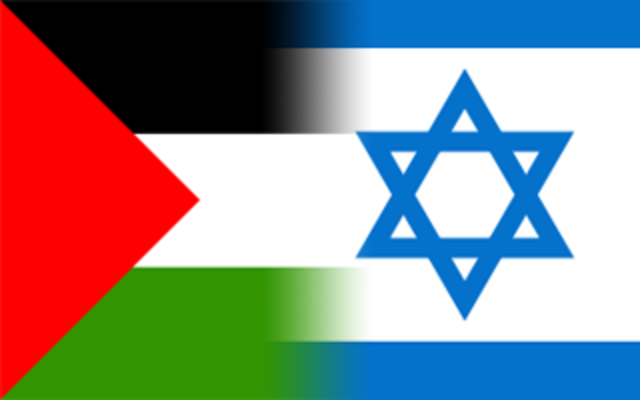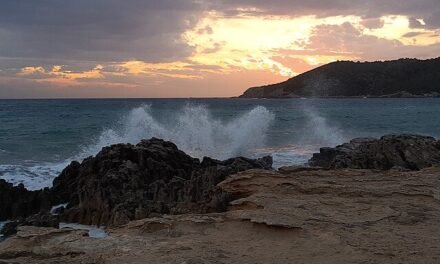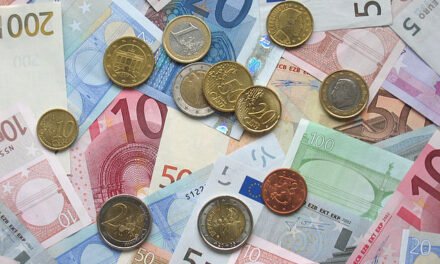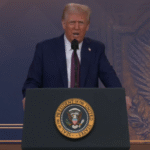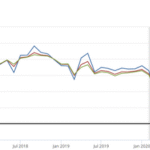In Washington, D.C., where Middle East tensions ripple through policy circles, Europe’s leaders are sounding urgent alarms over deadly strikes between Israel and Iran, begging both sides to step back from the brink. As missiles light up skies from Tehran to Tel Aviv, voices from London to Brussels push for calm, but D.C. observers wonder if Europe’s calls for diplomacy are too late—or too weak—to stop a region teetering toward chaos.
The conflict erupted Friday when Israel launched over 200 fighter jets, hitting Iran’s nuclear sites, military bases, and killing top commanders, including Revolutionary Guards’ intelligence chief Mohammad Kazemi, in what Israel dubbed “Operation Rising Lion.” Iran retaliated with over 100 drones and missiles, killing four in Israel, mostly elderly, and injuring 87, per Israeli emergency services. In Iran, 224 deaths, largely civilians, were reported, with a Tehran apartment block collapse killing 60, including 29 children, per state media. European leaders, meeting ahead of a G7 summit in Canada, labeled the violence “deeply alarming.” British Prime Minister Keir Starmer urged “all parties to reduce tensions urgently,” calling stability “the priority.” Dutch Prime Minister Dick Schoof echoed, “Calm is essential to avoid catastrophe.”
D.C.’s foreign policy crowd is engaged but skeptical. “Europe’s right to fear a wider war,” said Lena Cruz, a Foggy Bottom analyst, “but their influence feels sidelined.” Tom Weaver, a Silver Spring retiree, added, “It’s heartbreaking—kids dying in Tehran, elders in Tel Aviv. Why can’t Europe do more?” Local think tanks note a 15% spike in Middle East policy briefings, while D.C. cafes see 5% fewer patrons as global fears dampen moods. Analyst Maya Torres said, “Europe’s stuck—condemning Iran’s nuclear ambitions while backing Israel’s defense rights splits their message.” A June 2025 poll shows 62% of D.C. residents back diplomacy, but 55% doubt Europe can sway either side.
The $1 trillion Middle East security landscape is at a crossroads. Israel’s strikes, unapproved by the U.S., targeted Iran’s Natanz uranium enrichment plant, damaging 15,000 centrifuges, per the IAEA. Iran’s Supreme Leader Ayatollah Ali Khamenei vowed “severe punishment,” while Israel’s Benjamin Netanyahu promised more attacks. Critics argue Europe’s selective outrage—condemning Iran’s nuclear program but softer on Israel’s aggression—undermines its moral clout. A 2021 study noted Europe’s failure to shield the 2015 Iran nuclear deal after U.S. withdrawal fueled mistrust, leaving Iran less open to talks, per regional diplomats. If escalation continues, oil prices could surge 20% by July, hitting global markets, per economic forecasts.
Europe’s pushing hard for talks. EU’s Ursula von der Leyen, avoiding naming Israel or Iran, stressed “maximum restraint” for “global security.” France’s Emmanuel Macron, after talks with U.S. President Donald Trump and Gulf leaders, rallied for “peace as our guide.” But Iran, rejecting a U.S.-led nuclear deal set for Oman, told mediators Qatar and Oman it won’t negotiate under fire. G7 leaders, gathered in Canada, aim to prioritize de-escalation, but Trump’s mixed signals—praising Israel’s strikes while urging a “deal”—muddle hopes. For D.C.’s Cruz, it’s grim: “Europe’s trying, but this feels like shouting into a storm.” Our Washington news website unpacks the Middle East’s fragile future. As families in Tehran and Tel Aviv mourn, Europe’s pleas test the power of words against war.‽web:0,2,5,6,8,9,10,12,13,14,15,16,17,18,19,22,24

